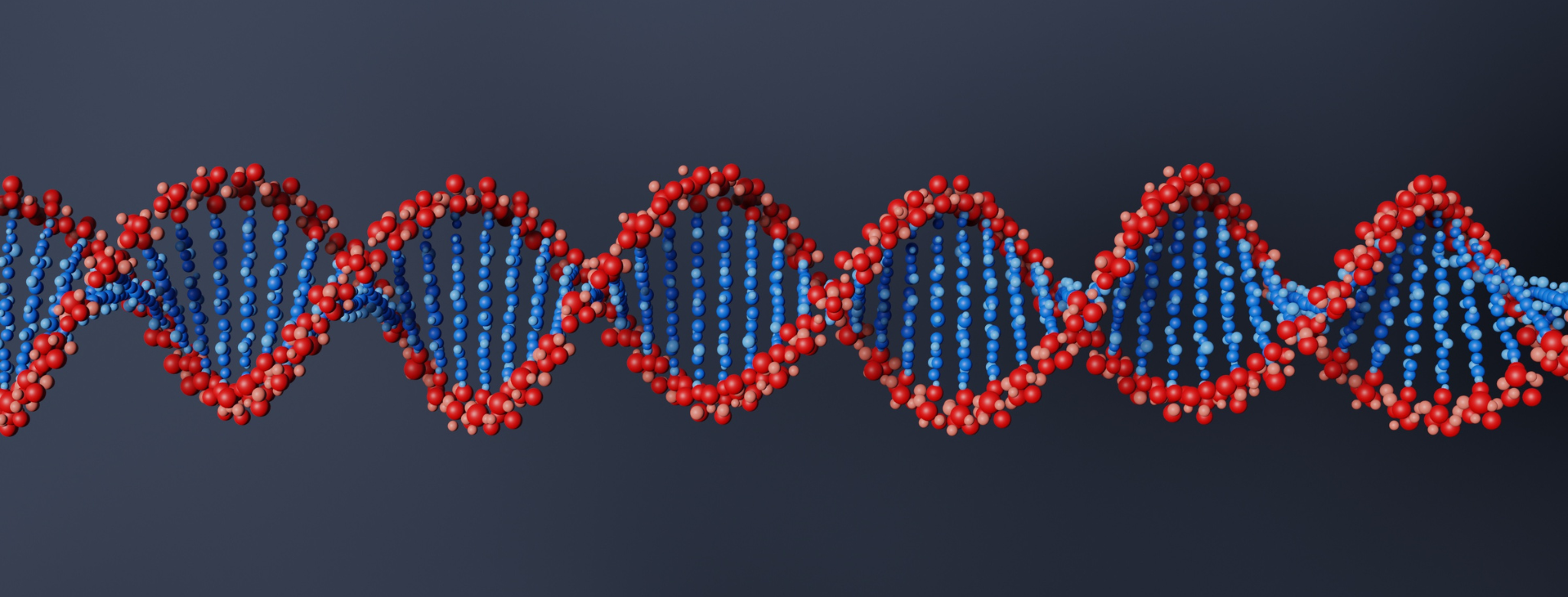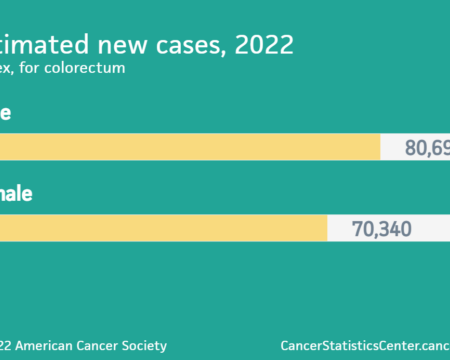Digestive Health Specialists, PA is here to help if you, or someone you know, would like more information or if you are experiencing any digestive health symptoms and would like further evaluation. Feel free to call us at 336-768-6211 or fill out the form below.
Unraveling the Genetic Tapestry: Understanding Lynch Syndrome and Hereditary Cancer
In the intricate world of our genetic makeup, certain factors may predispose us to various health conditions. One such aspect is Lynch syndrome, a hereditary condition that increases the risk of developing certain cancers, including colon cancer. Let’s discuss our genes and explore the link between Lynch syndrome, hereditary cancer, and the heightened probability of colon cancer.
Understanding Lynch Syndrome:
Lynch syndrome, also known as hereditary nonpolyposis colorectal cancer (HNPCC), is a genetic disorder that runs in families. This syndrome is primarily associated with an increased risk of developing colorectal cancer; it can also elevate the chances of other cancers, such as endometrial, ovarian, stomach, and urinary tract cancers.
Several genes are implicated in Lynch syndrome, the most common being MLH1, MSH2, MSH6, and PMS2. These genes play a crucial role in the proper functioning of DNA repair mechanisms within our cells. When mutations occur in these genes, it can lead to an accumulation of errors in the DNA, increasing the likelihood of cancer development.
The Connection to Colon Cancer:
Lynch syndrome’s significant association with colon cancer makes it a topic of particular importance. The mutations in the aforementioned genes disrupt the body’s ability to repair DNA damage, paving the way for the uncontrolled growth of cells – a hallmark of cancer. Colon cancer, in particular, arises from the accumulation of these abnormal cells in the colon or rectum.
Hereditary Factors at Play:
Understanding Lynch syndrome requires acknowledging the hereditary nature of the condition. If a person inherits a mutated gene associated with Lynch syndrome from one of their parents, their risk of developing certain cancers, including colon cancer, significantly increases. It’s important to note that not everyone with Lynch syndrome will develop cancer, but the risk is higher compared to individuals without the mutation.
Genetic Testing: A Powerful Tool:
In the quest to unveil the mysteries of our genetic makeup, genetic testing emerges as a powerful tool. Individuals with a family history of Lynch syndrome or hereditary cancer may consider undergoing genetic testing to identify potential mutations. Knowing one’s genetic predisposition can empower individuals to take proactive measures in terms of surveillance and preventive strategies.
Other Genes in the Hereditary Cancer Landscape:
While Lynch syndrome is a prominent player in hereditary cancer, it’s not the only genetic factor at play. Several other genes contribute to the hereditary risk of developing cancer. BRCA1 and BRCA2, for instance, are well-known genes associated with hereditary breast and ovarian cancer. The TP53 gene is linked to Li-Fraumeni syndrome, increasing the risk of various cancers.
The Complex Dance of Genetics and Lifestyle:
It’s crucial to recognize that while genetics play a significant role in cancer risk, lifestyle factors also exert their influence. Adopting a healthy lifestyle, including regular exercise, a balanced diet, and avoiding tobacco and excessive alcohol consumption, can mitigate some of the risks associated with hereditary cancer.
Colon Cancer: Know the Warning Signs:
Given the heightened risk associated with Lynch syndrome, understanding the warning signs of colon cancer becomes paramount. Symptoms may include changes in bowel habits, blood in the stool, abdominal discomfort, and unexplained weight loss. Recognizing these signs and seeking prompt medical attention can make a substantial difference in the early detection and successful treatment of colon cancer.
In the intricate dance of genetics and health, Lynch syndrome takes center stage, shedding light on the hereditary factors that influence cancer risk. The connection between Lynch syndrome and colon cancer serves as a reminder of the importance of understanding our genetic predispositions. Genetic testing, coupled with lifestyle modifications and vigilance for warning signs, empowers individuals to take charge of their health and well-being. As we unravel the genetic tapestry that shapes our lives, the knowledge gained becomes a powerful tool in the ongoing battle against hereditary cancer.










